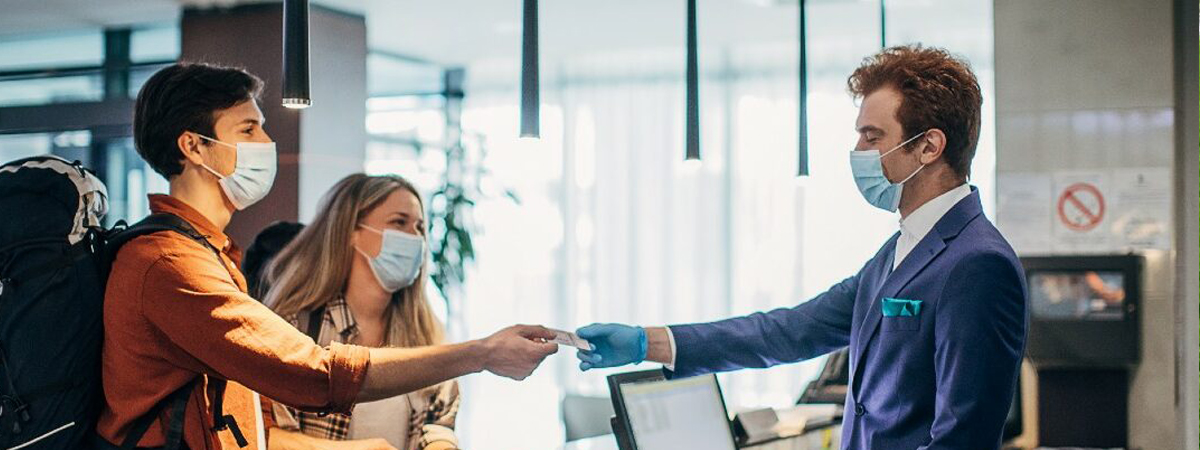
Working in hospitality is a great way for you to earn money if you’re in Australia on a visa. Hospitality work is available in islands off the coast of Queensland, to inland Tasmania, and hospitality skills travel with you.
However, you do need to be aware that even if your skills travel, your qualifications may not meet Australian requirements.
And if you’re an employer, then you also have to pay attention to some key facts about immigration. The last thing you want is to get caught doing the wrong thing.
Requirements and training for hospitality jobs
In Australia, there are some mandatory certifications that you require if you are going to work in venues that sell alcohol, and venues that have gaming machines (gambling). In Australia, these certifications are known as ‘tickets’: They give you entry to employment.
The two key tickets you need are Responsible Service of Alcohol (RSA), and Responsible Service of Gambling (RSG). There is also a third ticket: Responsible Conduct of Gambling (RCG). Aussies will often shorten the form, to ask whether you ‘have your RSA ticket’.
The requirements vary from state to state. Some states require you to have your ticket before you start a job. Others are a bit more flexible and give you time to get it after you have started.
The best policy, if you think you’re even vaguely likely to want a job in a pub somewhere, is just to dive in and do all three at once. It’s also cheaper to do them all at once, too. More information about these certifications is at Jobaroo. They have a quick guide by state to RSA, RSG and RCG courses.
The other certification you may require is a food safety supervisor course. This course is compulsory for everyone working with food in New South Wales. In other states, you might only need a food handler’s certificate.
Either way, it’s worthwhile doing a food handler’s certificate if you think you might want to get work in a cafe while you’re in Australia. But check the requirements for each state, to make sure that you are doing the right one. You can get more information at the Australian Institute for Food Safety.


